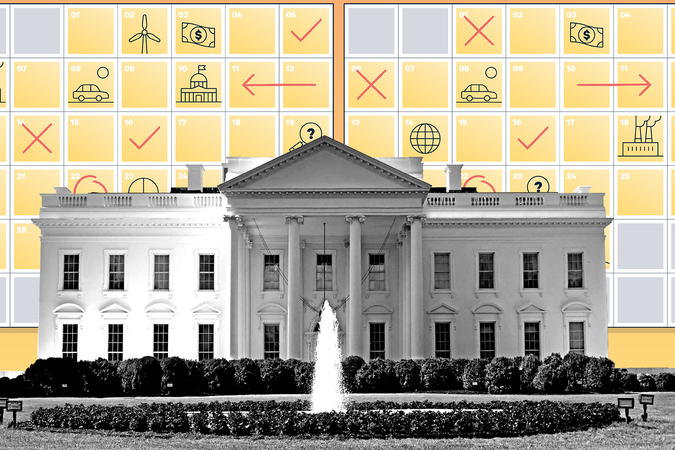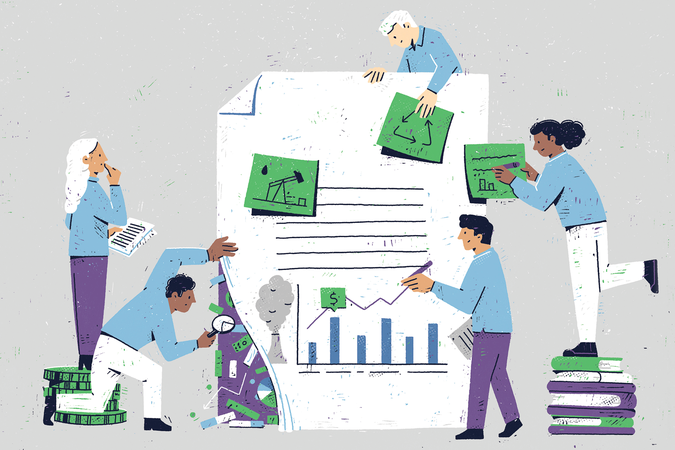The Effect of Vehicle Restrictions on Female Labor Supply
To control problems of congestion and air pollution, many cities in developing countries have started to restrict vehicle ownership. Beijing’s license plate lottery has unintentionally reduced the employment rate of women who do not win.
To control problems of congestion and air pollution, Beijing restricts vehicle ownership, allowing only winners of a license plate lottery to add a vehicle. Using the quasiexperimental variation provided by this lottery, we examine the unintended consequences of preventing women from buying cars on their employment rates and work hours. Consistent with theory, effects differ sharply depending on whether the woman has a child. Among women without children, adding a vehicle causes large increases in the employment rate and hours worked. For women with children, adding a car has a negative though statistically insignificant impact on both employment rate and work hours. For women overall, restricting vehicles has a negative net impact on employment rates.
Key findings
- Starting in 2011, Beijing residents who wish to obtain a new vehicle must win a lottery, which has sharply reduced the number of new cars in Beijing.
- Restricting car ownership raises transportation costs, potentially reducing employment.
- Using the randomization from the lottery, we find that restricting car ownership has decreased employment and hours worked for women who do not win.
- The effects are strongest for married women without children, and we do not find strong effects of car ownership on male employment.
- Although the lottery has reduced traffic congestion and pollution, the results suggest a large unintended cost of the system, which could be mitigated by other policies.





